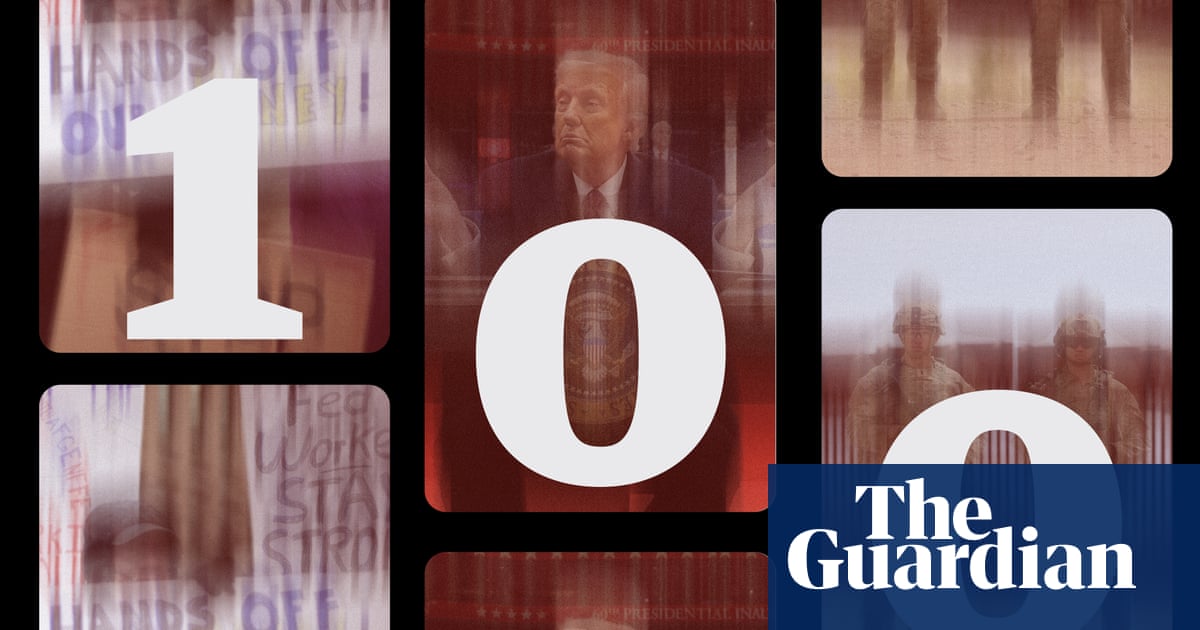Two lawsuits aim to stop US federal regulators and industry from “illegally” hiding basic information about toxic chemicals that are potentially polluting the environment, used in consumer products and endangering public health.
Companies often claim that toxic chemicals’ health and safety data, and even their names, are “confidential business information” (CBI) because making the data public could damage their bottom line.
The US Environmental Protection Agency frequently allows industry to use the tactic, which makes it virtually impossible for public health researchers to quickly learn about dangerous chemicals. It also bars most EPA staff and state regulators from accessing the information and criminal charges could be brought against those who do.
That leaves regulators attempting to protect the public without essential information for some chemicals and in effect, creates a “shadow regulatory government” in the EPA, said Tim Whitehouse, a former EPA attorney who is now director of Public Employees for Environmental Responsibility (Peer), a plaintiff in one of the suits.
“It makes it impossible to have proper chemical oversight because much of the information that the EPA is evaluating is withheld from other regulators within the EPA, the states and the public,” he said.
He pointed to the EPA’s approval of hundreds of types of PFAS, or “forever chemicals”, which are a class of compounds known to generally be toxic, accumulate in humans and not fully break down in the environment. The chemical class is thought to be contaminating drinking water for tens of millions of people.
A 2016 EPA new chemicals database for about 200 PFAS approved for commercial use by the agency shows over 3,500 pieces of information on the chemicals concealed from the public.
“When dangerous chemicals like that get on the market there can be significant health and financial consequences,” Whitehouse said.
The tactic continues to be widely used despite that Congress’s 2016 revision of the Toxic Substances Act included provisions designed to increase transparency around chemicals. But when the EPA implemented the legislation and developed rules, it weakened the law, said Samantha Liskow, an attorney with the Environmental Defense Fund nonprofit, which has sued over the EPA’s rules.
Prior to the law’s 2016 revision, businesses could make proprietary claims with virtually no review from the EPA. The revision put in place a process for EPA review, but public health advocates say the agency rubber stamps virtually every proprietary claim.
Among other charges, the EDF suit alleges the EPA has narrowed Congress’s definitions of what should be made public, given itself more discretion over whether information should be made public than the law allows and conceals identifying information that should be publicly available.
That can include chemical names, chemical structures, where the substance is made, and which company makes it. The information is critical because it informs the public about who could be exposed, which workers will handle dangerous chemicals, which communities sit near a factory that will produce the chemicals, and which consumer products will contain the substances, Liskow said.
The EPA is also withholding chemical safety test results that show health risks to the public or environment.
“Even when companies say ‘I don’t want this out there’, Congress says ‘No, the public should have this,’” Liskow said.
Separately, Peer is suing the EPA for hiding health and safety data for chemicals made by Inhance Technologies, which produces plastic containers found to leach dangerous levels of PFOA, a highly toxic compound, into the containers’ contents.
Inhance produces tens of millions of plastic containers used across the economy annually. Peer submitted a Freedom of Information Act request for results of EPA testing on the level at which the chemicals leach into the containers’ contents.
The EPA redacted the results, which Peer said is illegal, citing revised TSCA language.
“They’re hiding behind the cloak of CBI to prevent the release of this very pertinent information,” said Peer attorney Colleen Teubner.
The EDF lawsuit also alleges the agency further carved out CBI exemptions not included in the law. One significant example is allowing an exemption when a lab that conducted health and safety studies is “part of or closely affiliated with” the chemical maker. That creates a situation in which potential conflicts of interest are hidden.
Though the revised law was also supposed to grant better access for state regulators, state agencies say the EPA put in place a process for accessing the chemicals that is so onerous that it effectively continues to bar access. When Minnesota and California regulators tried in 2020 to access chemical information, they gave up because of the difficulty.
Whitehouse said industry is likely behind the EPA’s business-friendly approach to CBI.
“When it comes to chemicals, the EPA views industry as its client, not the American public, unfortunately,” Whitehouse said.

 8 months ago
8 months ago
 (200 x 200 px).png)








 English (US) ·
English (US) ·